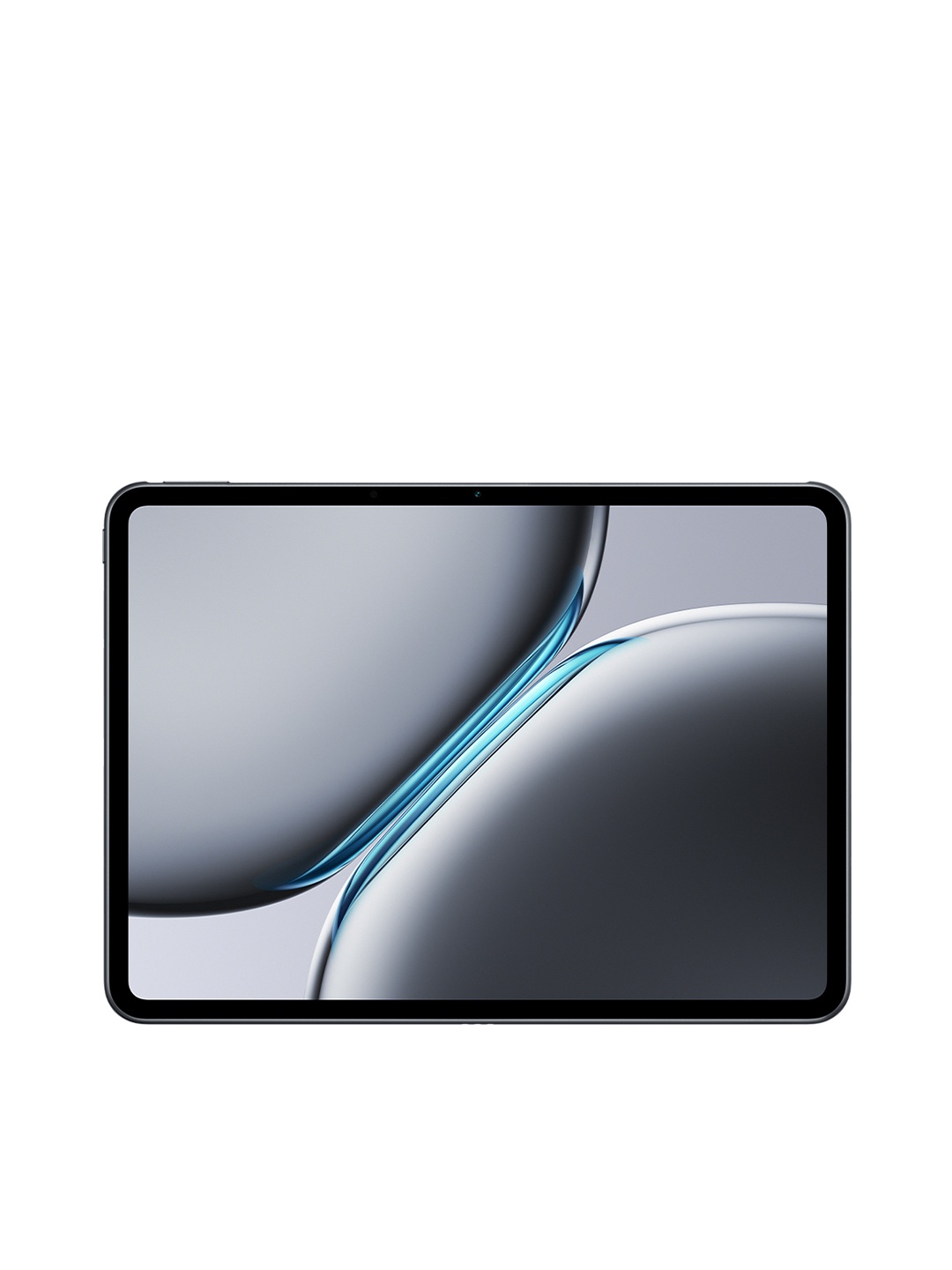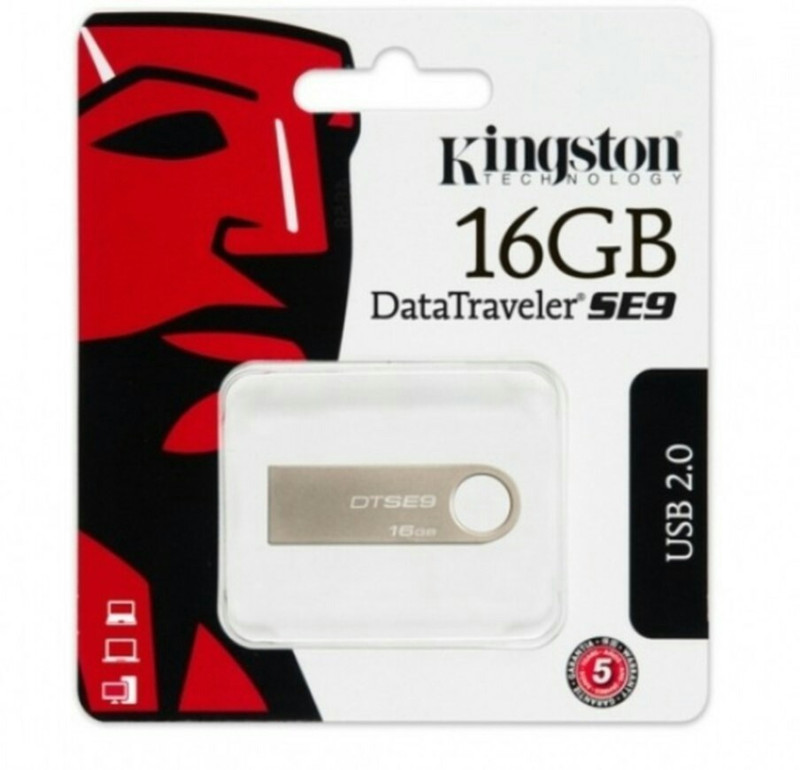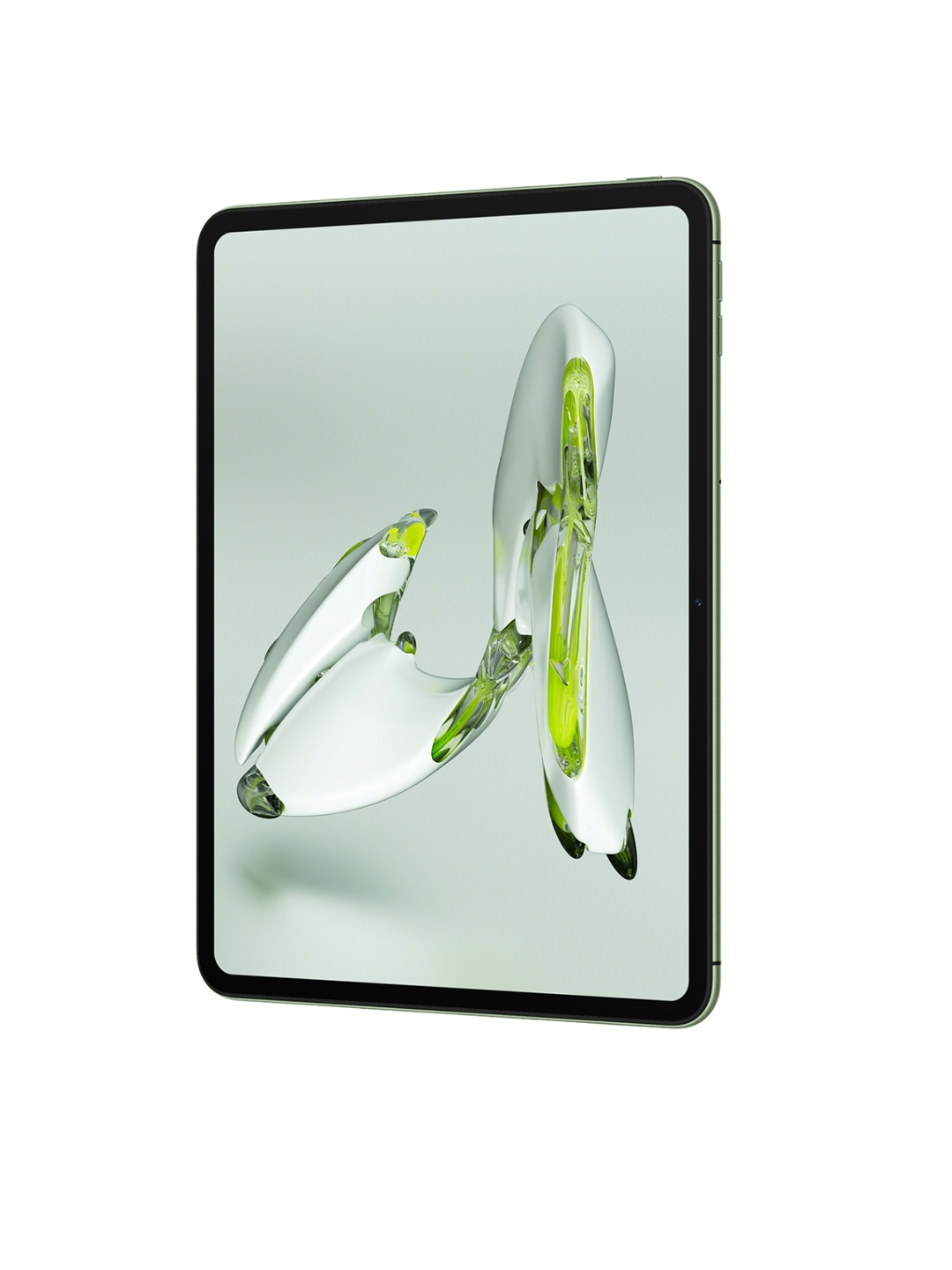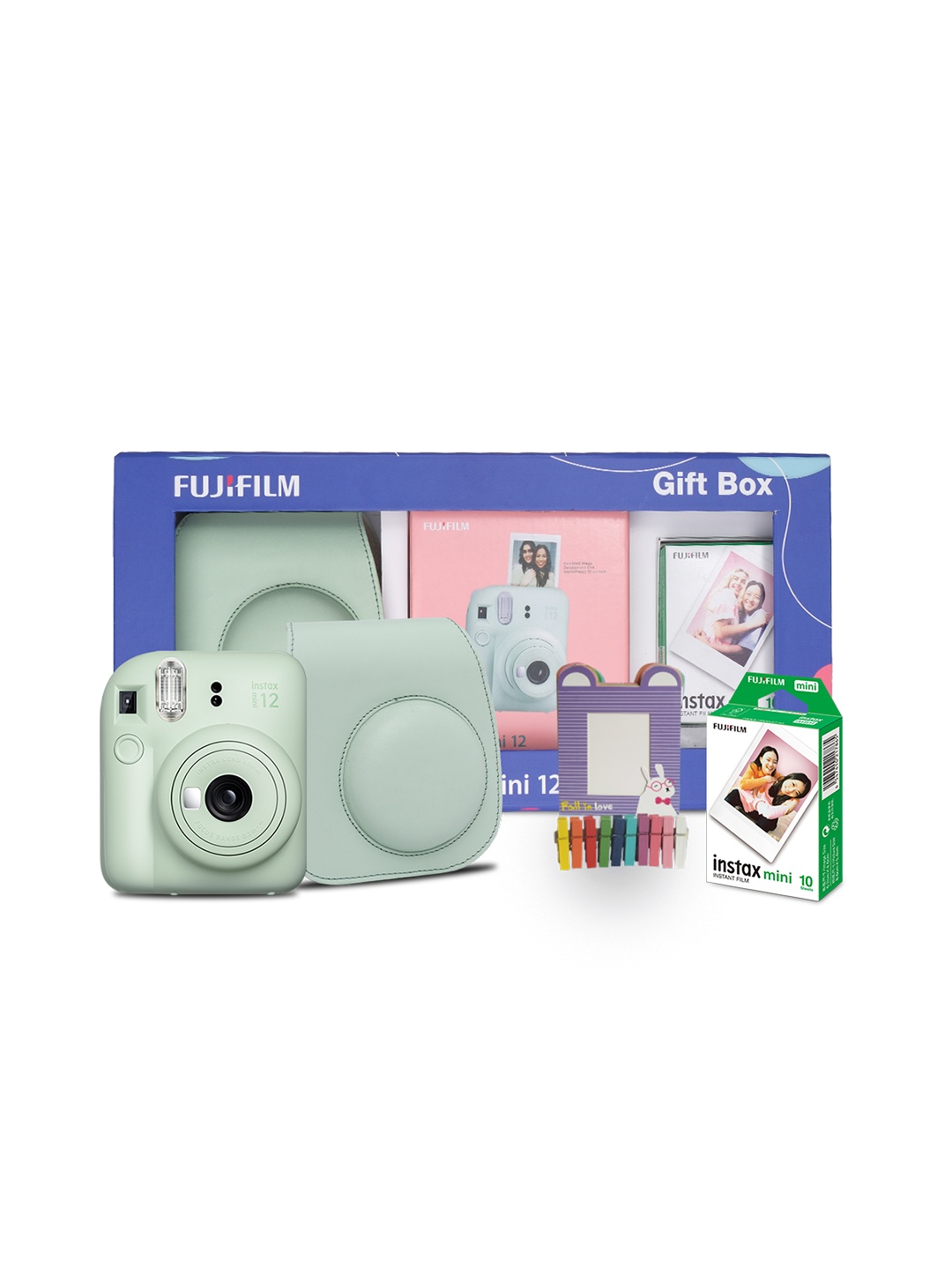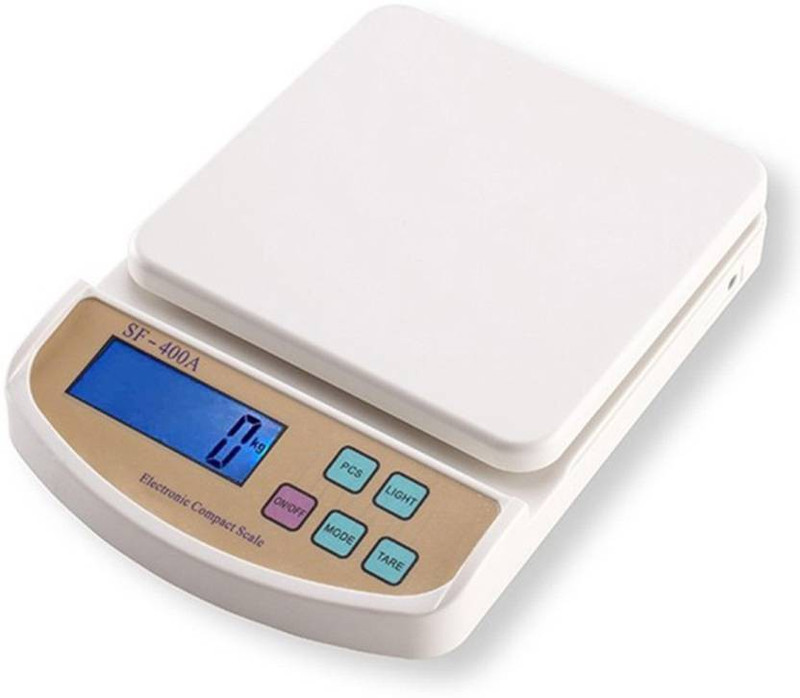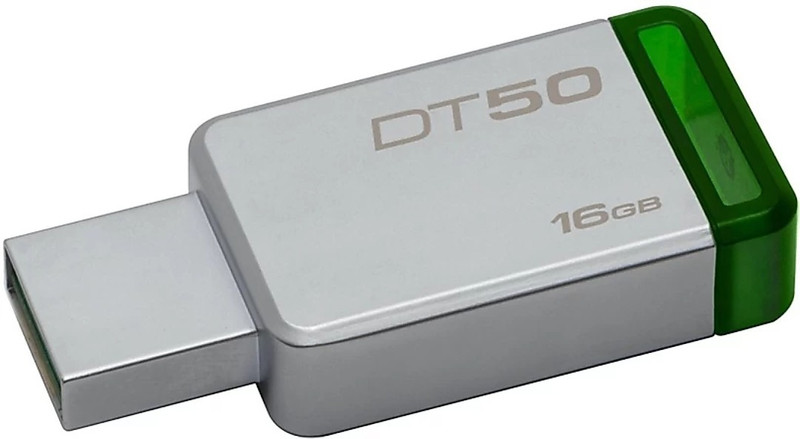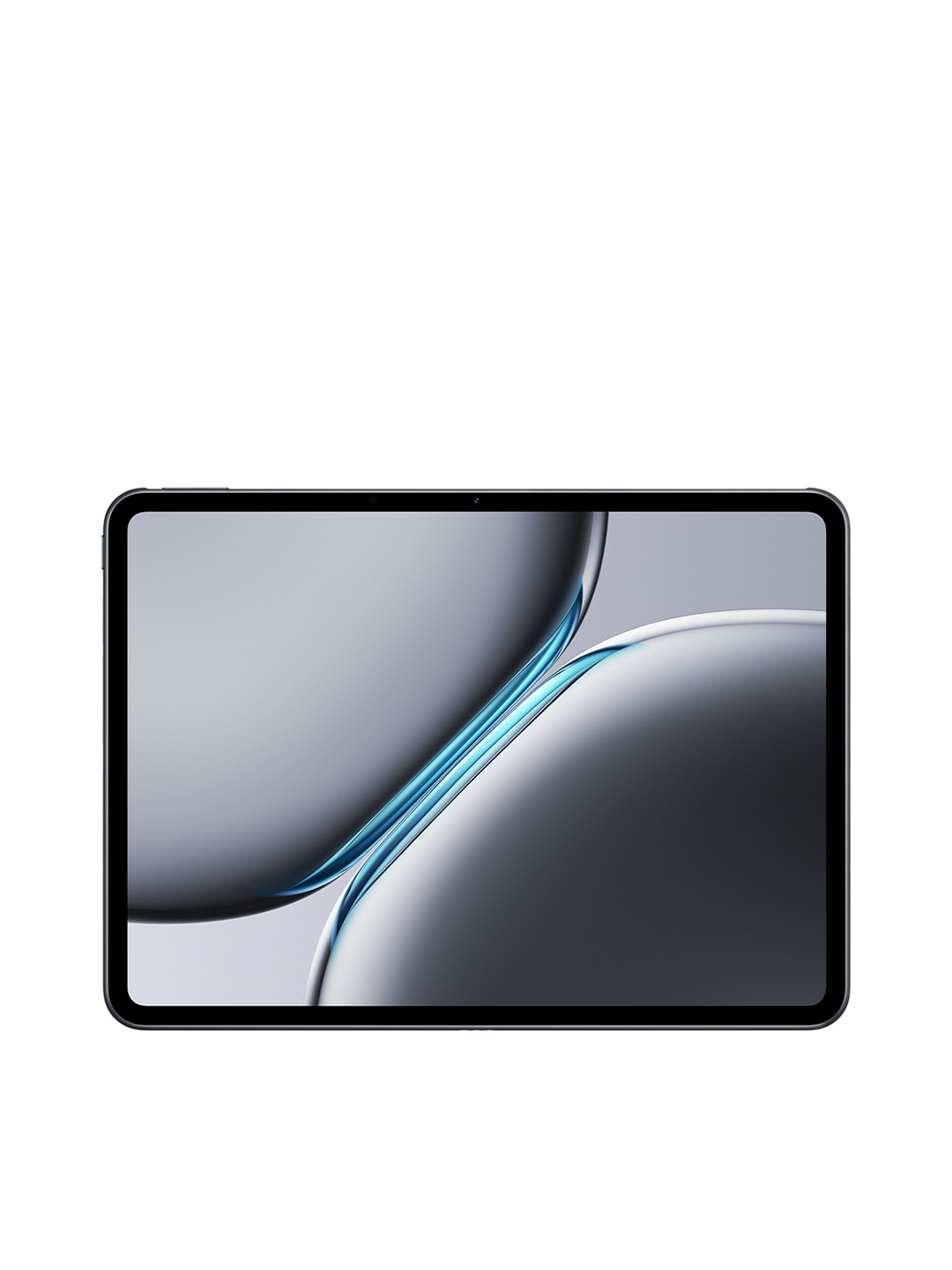Beat The Early Summer Heat: 7 Reasons To Choose Your Air Cooler Over The AC Right Now

The temperature in Delhi has suddenly shot up, hasn't it? The Indian Meteorological Department (IMD) flagged record highs just yesterday, and the heatwave alerts are making everyone twitchy. After a lovely spring, this sudden blast of heat naturally makes you reach for the air conditioner remote.
But hang on a moment. It's only the beginning of April. Spring wasn't that long ago. While the weather's certainly playing tricks, perhaps we don't need to jump straight to the full-blast, energy-guzzling chill of the AC just yet. There's a trusty, often overlooked friend waiting in the wings: our age-old friend, the air cooler.
Before you commit to sealing up the house and living in an artificially chilled bubble, consider giving your air cooler a chance. Especially during these early summer days, the winds outside are still pleasant and it might just be the smarter, healthier, and kinder choice. Here are seven reasons why:
1. Energy Savings
Air Cooler Or Air Conditioner: Top 7 Reasons To Choose Cooler For Summer 2025
Photo Credit: Unsplash
This is the big one. Air conditioners are notoriously thirsty for electricity. Running one, even an energy-efficient model, can make your electricity meter spin like mad, leading to hefty bills later. Air coolers, on the other hand, use a fraction of the power. They work on a simple principle: evaporation. A fan blows air over water-soaked pads, cooling the air naturally. A typical air cooler might use only 100-200 watts, while a standard window or split AC can easily consume 1000-2500 watts or more. In these early hot spells, using a cooler means significant savings on your electricity bills. That's money back in your pocket.
2. Keep Room Fresh And Ventilated
Air conditioners work by cooling and recirculating the same air within a sealed room. While this cools effectively, it can lead to the air feeling stale or stuffy over time. Air coolers are different. They require ventilation to work properly. You need to keep a window or door slightly open. Why? Because they continuously draw in fresh air from outside, cool it through water evaporation, and then circulate it. This constant air exchange keeps the room feeling fresh and prevents that locked-in feeling. It's like having a cool breeze flowing through your room, not just cold air sitting in it.
3. Keeping Your Body Temperature Just Right
That blast of icy air from an AC can feel amazing when it's truly scorching outside. But in early summer, when the temperature difference between indoors and outdoors might not be extreme yet, that intense cold can be a bit of a shock to the system. It can sometimes feel too cold, making you reach for a blanket. Air coolers provide a more gentle, natural-feeling coolness. They typically lower the temperature by a comfortable few degrees (usually 5-10°C depending on humidity), taking the edge off the heat without making you shiver. This helps your body adjust more naturally and avoids that unpleasant feeling of stepping from a freezer into the heat.
4. Low Upfront Cost
Beyond the running costs, let's talk about the initial purchase. Air conditioners, whether window units or split systems, represent a significant investment. They cost a fair bit to buy, and installation can add even more expense and hassle. On the other hand, air coolers are vastly more affordable. You can pick up a decent cooler for a fraction of the price of even the cheapest AC unit. This makes them a much more accessible cooling solution, especially if you only need them for certain parts of the year or specific rooms.
5. An Eco-Friendly Choice
If you're conscious about your environmental impact, this is a key point. Air conditioners rely on chemical refrigerants (like HFCs) to cool the air. These substances can be potent greenhouse gases if they leak into the atmosphere, contributing to climate change. Air coolers use the simple, natural process of water evaporation. No harmful chemicals, just water and air. Combined with their much lower energy consumption, this makes air coolers a significantly greener and more environmentally friendly way to stay cool.
6. Portability And Zero Installation Fuss
Most air coolers are designed to be portable. They often have wheels, allowing you to easily move them from the living room during the day to the bedroom at night, or wherever you need a bit of cool relief. They are essentially 'plug and play', fill them with water, plug them into a standard socket, and switch them on. Compare that to AC units, which are either fixed permanently in a window or wall (split ACs require professional installation with piping and wiring). The flexibility of a cooler is a real bonus.
7. Adds Helpful Humidity
Early summer heat, particularly in places like Delhi, can often be quite dry. This dry heat can lead to uncomfortable dry skin, scratchy throats, and irritated eyes. Air conditioners tend to make the air even drier as they remove moisture during the cooling process. Air coolers do the opposite. Because they work by evaporating water, they naturally add a small amount of humidity to the air. In dry conditions, this can make the environment more comfortable, counteracting the drying effects of the heat.
Products Related To This Article
1. Kenstar 90 L Desert Air Cooler
2. Crompton 75 L Desert Air Cooler
3. BAJAJ 90 L Desert Air Cooler
4. Hindware Smart Appliances 85 L Desert Air Cooler
5. Kenstar 60 L Desert Air Cooler
6. Voltas 90 L Desert Air Cooler
7. Orient Electric 90 L Desert Air Cooler
8. Thomson 105 L Desert Air Cooler
9. Voltas 55 L Desert Air Cooler
10. Thomson 115 L Desert Air Cooler
Frequently Asked Questions (FAQs)
1. What's the main reason to choose an air cooler over an AC in early summer?
The biggest advantage is significant energy saving. Air coolers use much less electricity than air conditioners, leading to lower electricity bills, which is especially noticeable when you don't need the intense cooling power of an AC just yet.
2. Are air coolers always a better choice than air conditioners?
Not always. Air coolers are ideal for the moderate, often dry heat of early summer. However, air conditioners are generally more effective at cooling during peak summer, especially when dealing with extreme heat and high humidity, as coolers become less efficient in very humid conditions.
3. How much cooling can I realistically expect from an air cooler?
Air coolers provide gentle cooling, typically lowering the room temperature by 5-10°C compared to the outside air, depending on humidity levels. They take the harsh edge off the heat rather than creating an intensely cold environment like an AC.
4. Do I need to keep windows open when using an air cooler?
Yes, ventilation is essential for an air cooler to work effectively. They need a supply of fresh air to draw in, cool through water evaporation, and circulate. Keeping a window or door slightly open prevents the air from becoming too humid and ensures continuous fresh air flow, unlike ACs which work best in sealed rooms.
5. Are air coolers effective in very humid weather?
Air coolers work best in dry heat because their cooling effect comes from evaporating water, which also adds humidity to the air. In already very humid conditions (like during monsoon season), their cooling efficiency significantly decreases because the air can't absorb much more moisture.
Making The Smart Choice For Early Summer
Of course, when the peak summer hits with intense heat and high humidity, a powerful air conditioner might become essential for real comfort and health. But for these transitional weeks, when we're just easing into the warmer weather, the air cooler offers a compelling package.
It saves energy and money, keeps the air fresh, provides gentle cooling, is kind to the planet, easy to use, and can even combat dryness. So, before you seal up the windows and crank up the AC, why not give your air cooler its moment to shine? You might be pleasantly surprised at how effectively and sensibly, it bridges the gap during these first hot days of the season.

















